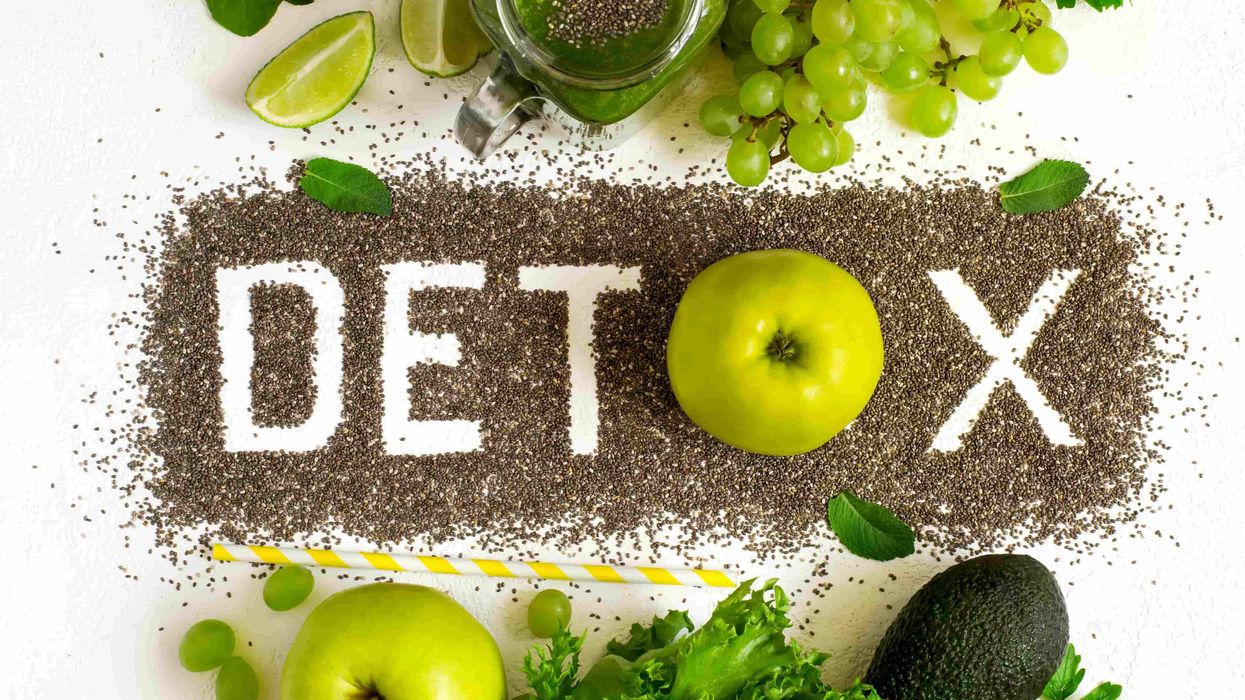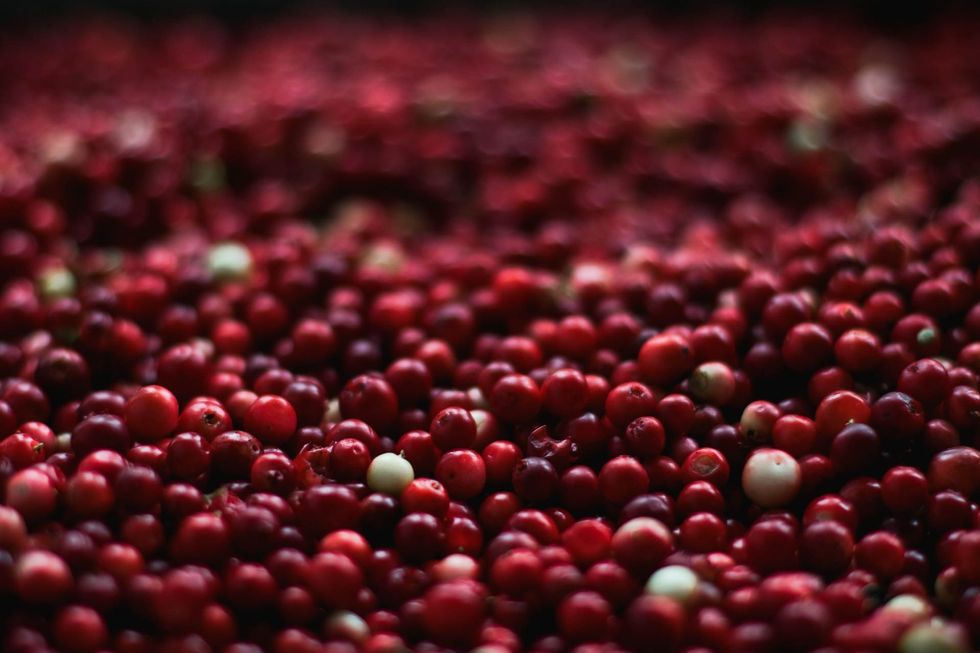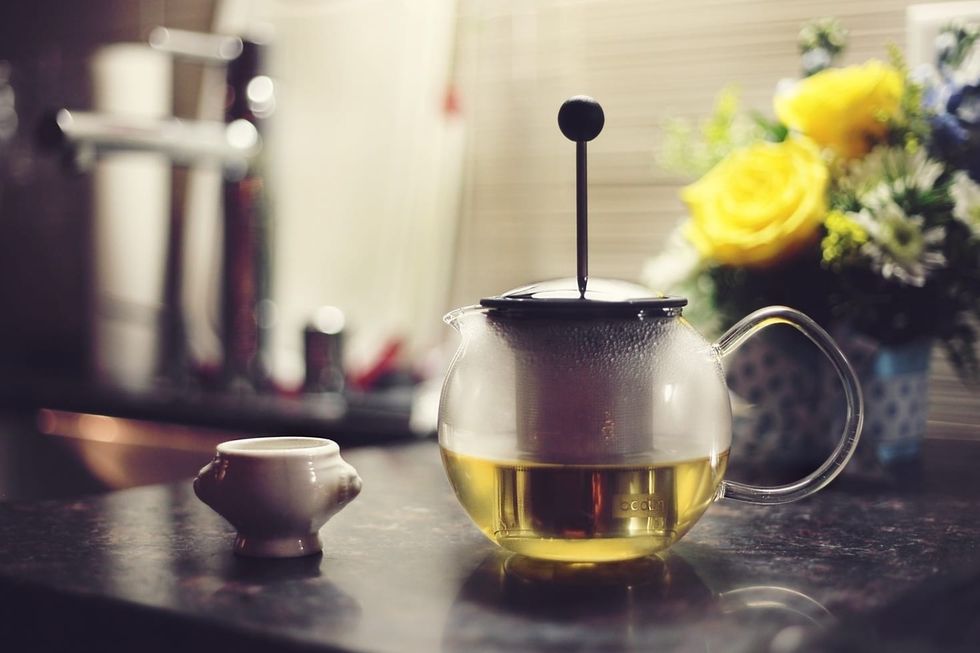In a monumental move, the American Nurses Association (ANA) has officially endorsed cannabis nursing as a recognized specialty in nursing practice. This acknowledgment comes at a crucial moment in the evolving landscape of healthcare and signifies the growing importance of cannabis in therapeutic use.
A Historical Leap for Healthcare
The ANA, which acts as a beacon for the over 5 million nurses in the nation, has always been dedicated to advancing the nursing profession, bolstering health and wellness, and promoting a safe and ethical work environment. Their decision to formally recognize cannabis nursing underlines the increasing acceptance and integration of cannabis therapies in diverse health care settings.
Cannabis nursing, as defined by the American Cannabis Nurses Association (ACNA), zeroes in on the provision of education and guidance to healthcare consumers curious about the therapeutic applications of cannabis. It's more than merely understanding the benefits of the plant; it’s about ensuring the right information reaches patients, addressing stigmas, and fostering a health-focused approach to its use.
Embracing the Change
ANA President Jennifer Mensik Kennedy emphasized the importance of this recognition by highlighting the unique and essential contributions cannabis nurses bring to the healthcare system. With cannabis therapies gaining traction, the role of these specialized nurses will undeniably become increasingly vital.
The ACNA's mission is robust and clear: elevate the practice of cannabis nursing through advocacy, collaboration, research, education, and policy development. These guiding principles aren’t merely about pioneering a niche field but are directed towards a broader ambition of revolutionizing nursing practice and patient care.
Cannabis and its Therapeutic Implications
The evolving perspective on marijuana and related cannabinoids is notable. Historically, marijuana was commonly prescribed in the U.S., but regulatory shifts in the 20th century changed the landscape, making it a Schedule I drug, implying a high potential for abuse and no accepted medical use.
However, the narrative is gradually changing as legalization spreads. Marijuana and its derivatives have been lauded for alleviating symptoms such as chronic pain, depression, anxiety, nausea, and more. While there is moderate evidence supporting marijuana's effectiveness for some conditions, further research is paramount for clearer guidelines.
The ANA has underscored the need for urgent clinical research to provide clear, evidence-based recommendations to patients and healthcare providers. Their position statement from 2021 called for reclassification of marijuana from a Schedule I to a Schedule II controlled substance, emphasizing the importance of its therapeutic potential in disease treatment and symptom management.
Towards a Brighter, Informed Future
With the ANA's support, the path forward for both cannabis AND cannabis nursing looks promising. Their backing will likely propel more clinical research, fostering a deeper understanding of cannabis and its therapeutic potential. Furthermore, the protection of patients and practitioners from criminal and civil repercussions, as emphasized by ANA, is essential to promote its medical use.
State-wise legalization of marijuana for therapeutic purposes has set the stage, but national recognition and guidelines will play a pivotal role in streamlining and normalizing its acceptance. The United States Supreme Court's stance has historically been conservative, but with patient-centric organizations like ANA pushing for change, the tides may turn.
In summary, the recognition of cannabis nursing by the ANA is not merely a nod to a specialty but an acknowledgment of the changing healthcare paradigm. As healthcare continuously evolves, integrating diverse wellness modalities beyond conventional Western medicine will pave the way for holistic care, benefiting patients nationwide.







 11 Signs You've Greened Out and How to Handle It - The Bluntness
Photo by
11 Signs You've Greened Out and How to Handle It - The Bluntness
Photo by  11 Signs You've Greened Out and How to Handle It - The Bluntness
Photo by
11 Signs You've Greened Out and How to Handle It - The Bluntness
Photo by 


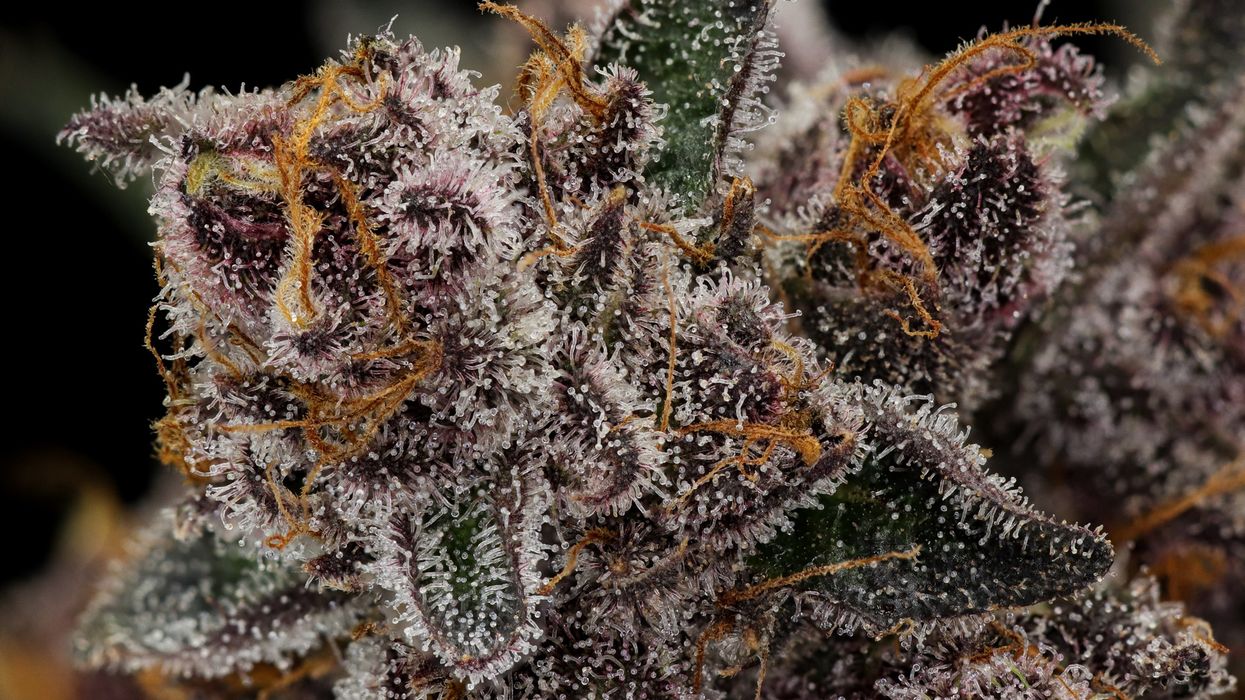



 The Truth About THC Candle: Cannabis Candles & How to Make Your Own - The Bluntness
Photo by
The Truth About THC Candle: Cannabis Candles & How to Make Your Own - The Bluntness
Photo by 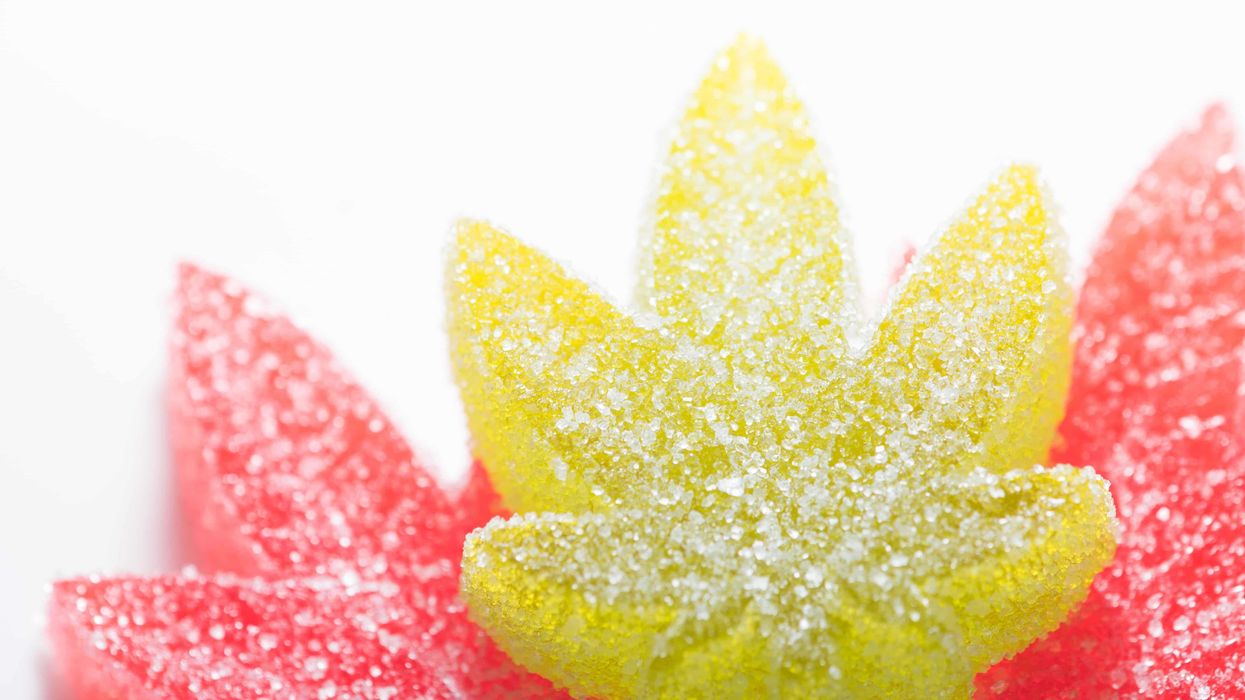
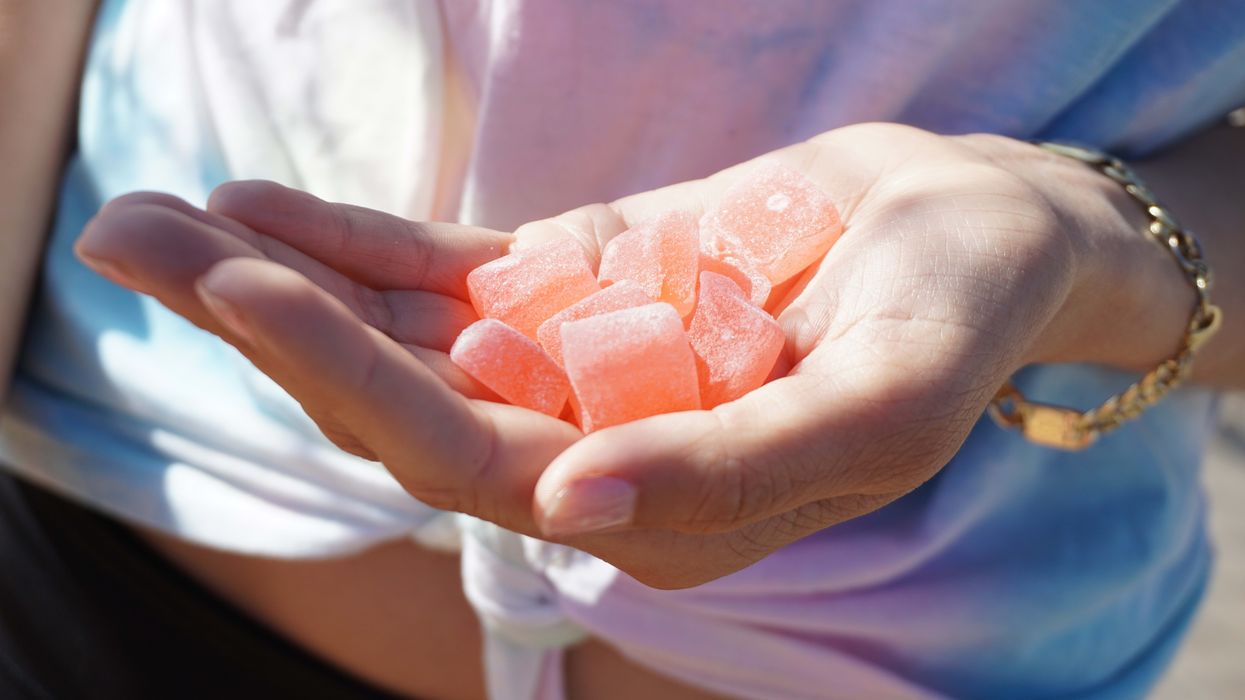
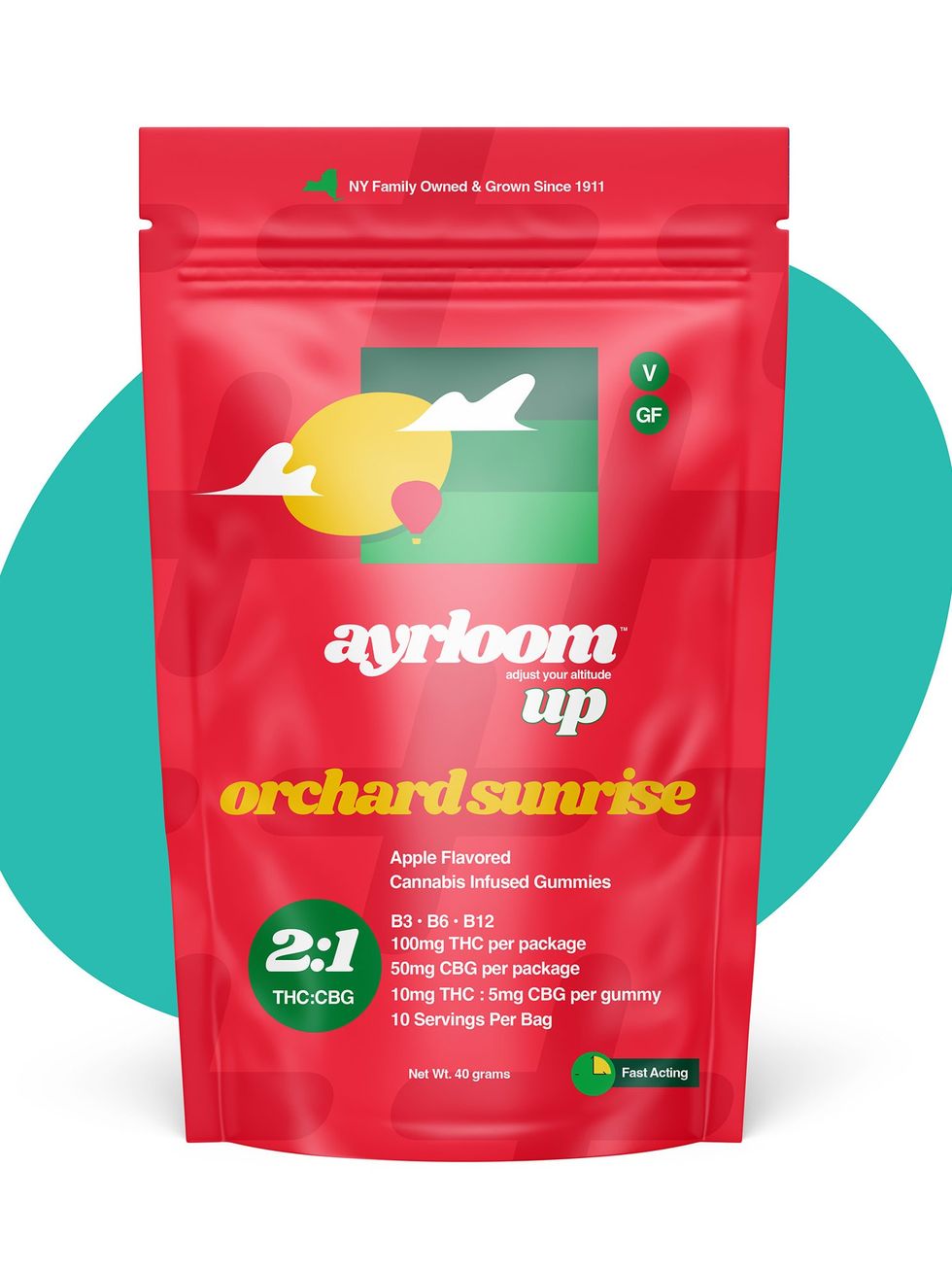 Ayrloom Orchard Sunrise Cannabis Infused Gummies
Ayrloom Orchard Sunrise Cannabis Infused Gummies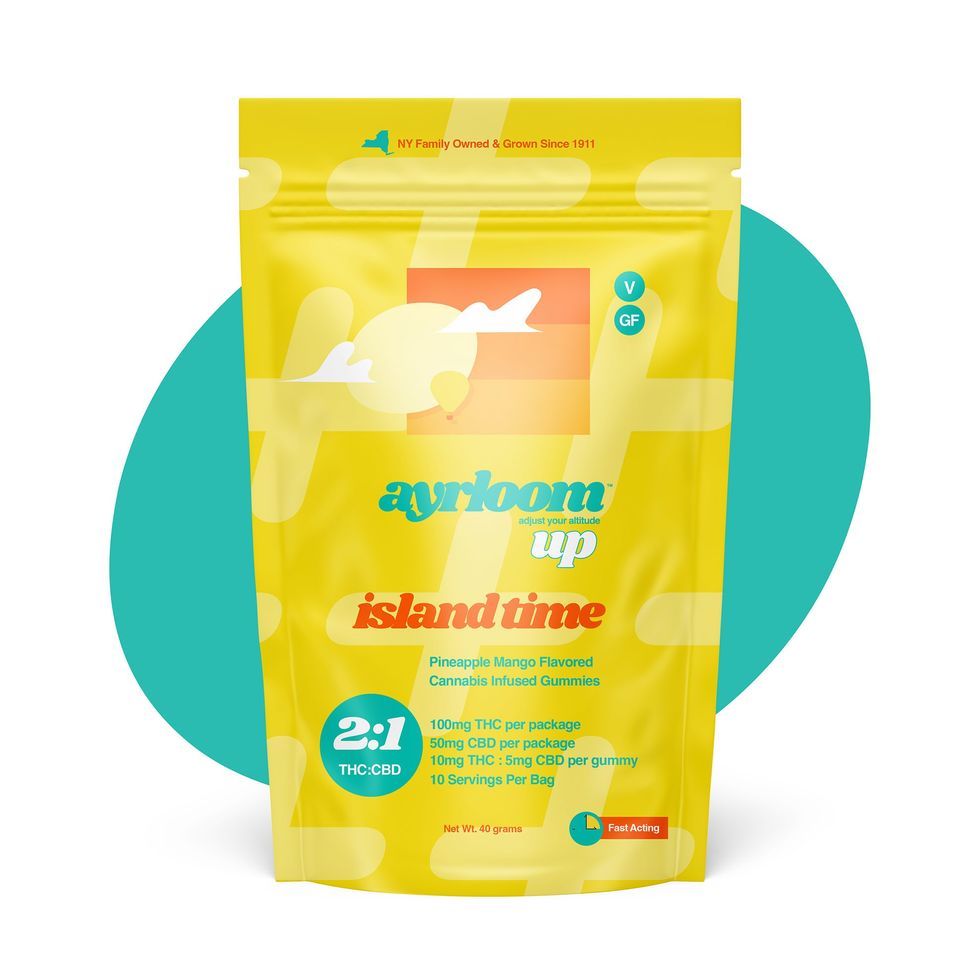 Ayrloom Island Time THC Gummies - Pineapple Mango Flavor
Ayrloom Island Time THC Gummies - Pineapple Mango Flavor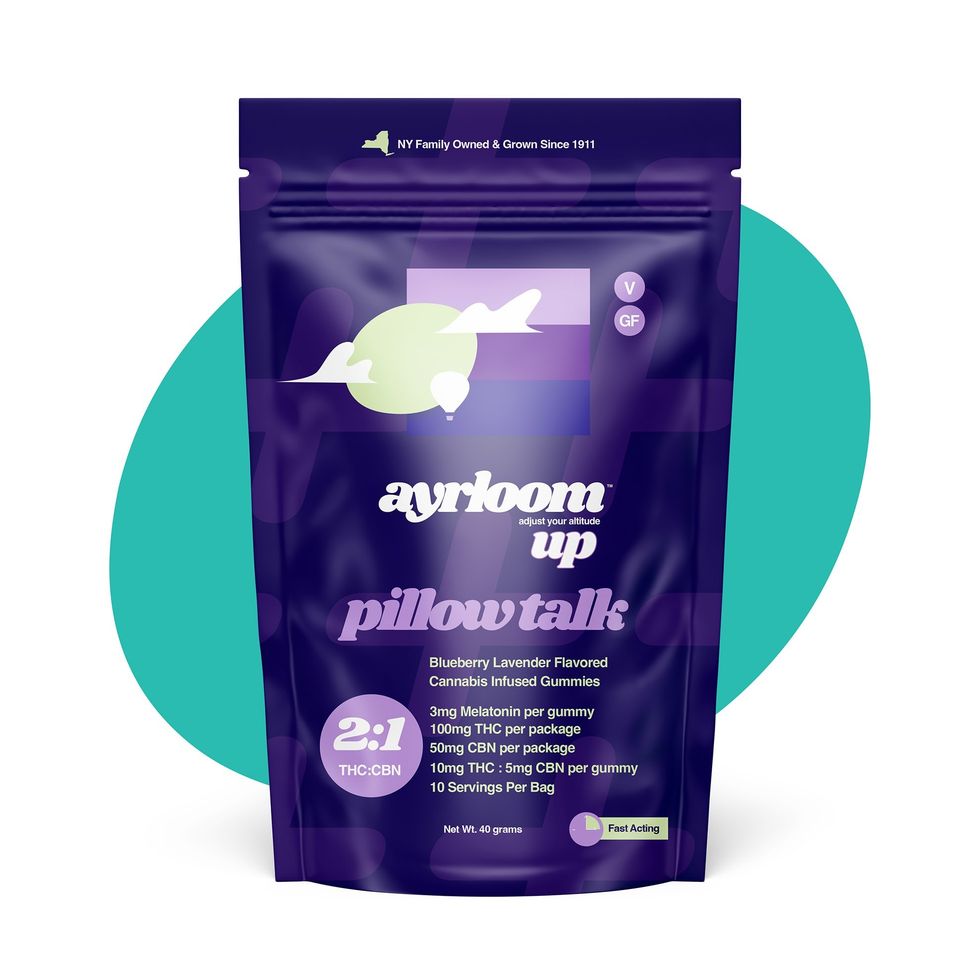 Ayrloom Pillow Talk - Sleep Gummies
Ayrloom Pillow Talk - Sleep Gummies 